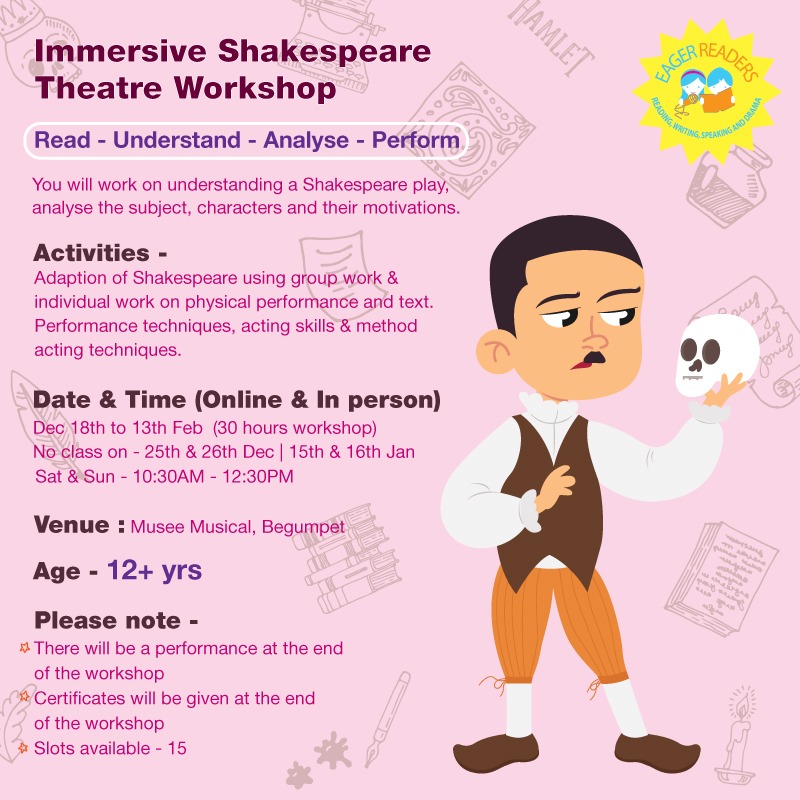When To Actually Worry That Your Kid Still Can’t Read
Date – October 4th, 2018By – Jayme Kennedy in Parenting
Every child develops at their own pace when it comes to pretty much every milestone. Sure, there are age ranges that doctors and experts tell you certain things should happen within: crawling, talking, walking, and other fine motor skills. But there are going to be kids who do all of that stuff early, and there are going to be kids who do it on the later end of the spectrum. The same goes for developmental milestones like reading. For some kids, it just clicks early, and they begin to read as young as 4. Other kids need a little more help and guidance, but generally speaking, kids should be reading fairly fluently by the second grade. If your child is struggling to read and you’re not sure if there’s a cause for concern, here are some things to look for.
YOUR 7-8 YEAR-OLD IS STRUGGLING TO READ, AND THERE’S A FAMILY HISTORY OF READING PROBLEMS.
One of the most common indicators of reading challenges in children is a family history of problems, such as dyslexia or other learning issues. Research has shown that there is a heavy genetic component to reading problems.
YOUR CHILD IS STRUGGLING TO READ AND HAS A PREVIOUS SPEECH DELAY.
Even if your child’s speech delay has been resolved, it can still lead to reading problems later in life. The issue is something called phonological processing; when kids learn to read, they need to be able to hear differences in sound (phonological awareness), and an earlier speech delay can lead to weaknesses in your child’s ability to process different sounds.
YOUR CHILD CONTINUES TO MIX UP LETTERS OR IS LOSING SKILLS.
It’s not uncommon for kids in the second grade to still mix up letters like b and d, but if it continues past the age of 8, it may be an indication that there is a reading problem. Additionally, if your child is suddenly struggling to spell words they’ve already mastered in early elementary school, that’s a red flag.
FINALLY, IF YOUR CHILD AVOIDS READING AT ALL COSTS, THAT COULD BE A CAUSE FOR CONCERN.
Once kids have entered elementary school, they don’t have the same curiosity for reading and learning as they did in early childhood. At this age, kids who are comfortable reading and enjoy it will continue to do it on their own. Kids who struggle to read will avoid it.
If you’re concerned that your child is having a hard time with reading, it’s a good idea to schedule a meeting with their teacher and try to identify the problem. There are lots of early interventions and resources that are incredibly successful in addressing some of these issues.





